Environmental studies and Latin American and Latino studies major Chris Mathura won the dean’s award for his research examining early impacts of oil drilling off the coast of Guyana in South America.
Originally published in the UCSC News Center by Allison Arteaga Soergel
June 30, 2025
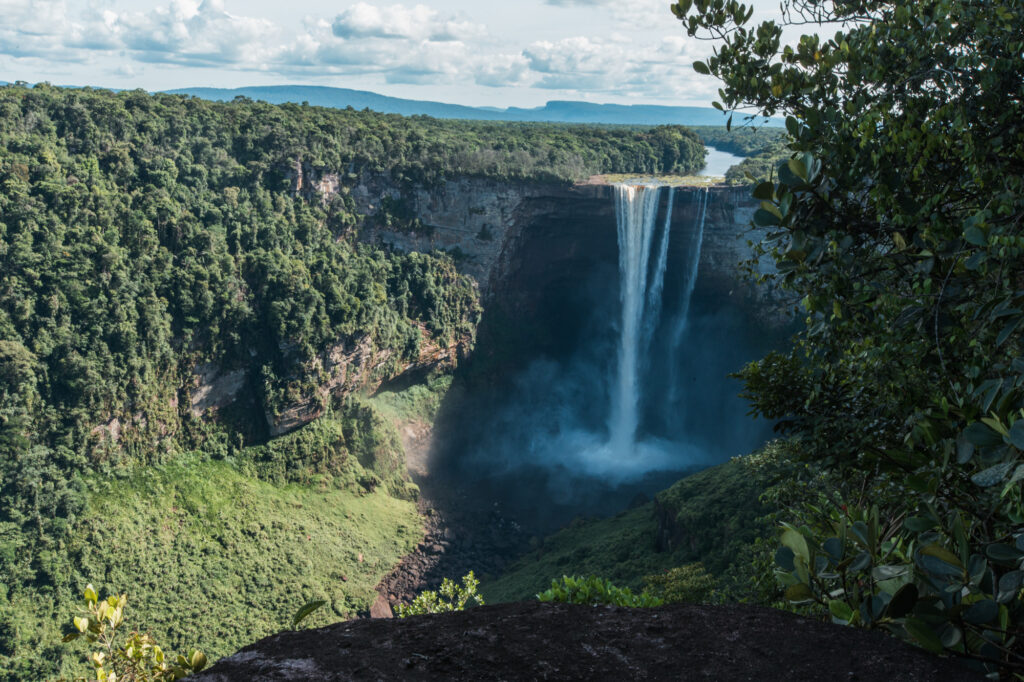
The small South American country of Guyana has long been a leader in natural resource conservation, with large intact tropical rainforests and exceptionally high biological diversity. But until recently, Guyana was also the second poorest nation in the western hemisphere. In 2015, large oil deposits were discovered off the coast, and the country has since rapidly transformed into a petrostate.
So far, Guyana’s economy has grown significantly as a result of these changes, but what remains to be seen is whether increasing oil-dependence will be in the long-term best interests of the nation’s people, environment, and economic development goals.
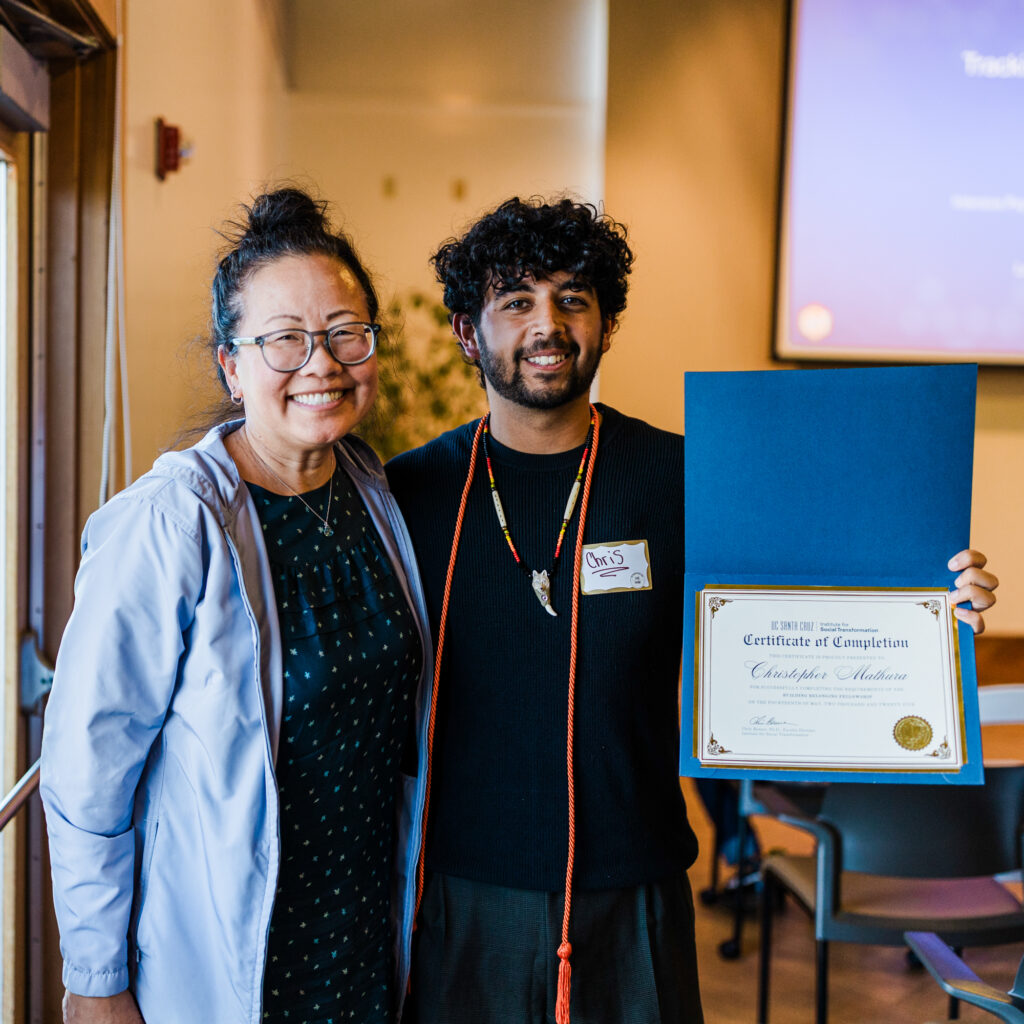
Chris Mathura, an environmental studies and Latin American and Latino studies double major, decided to investigate these issues for his senior thesis, which recently won the Social Sciences Division Dean’s Award for outstanding undergraduate research. Mathura conducted a literature review, then, with support from the Building Belonging Program, spent three months in Guyana earlier this year conducting interviews with local people and observing a parliament session and local energy conference.
“My work was to examine the discourse between the government and the people of Guyana, and how things are changing as oil exports start to increase,” explained Mathura, whose own family is from Guyana and traveled with him to support his research.”
Mathura especially wanted to know whether the country was beginning to exhibit any signs of the “resource curse.” Countries with an abundance of certain high-value natural resources, like oil or minerals, often end up struggling more with achieving economic development goals and building or maintaining effective and democratic governance. Typical warning signs include corruption, high income inequality, hyperinflation, environmental risks, political instability, weak infrastructure and public services, and poor long-term development planning.
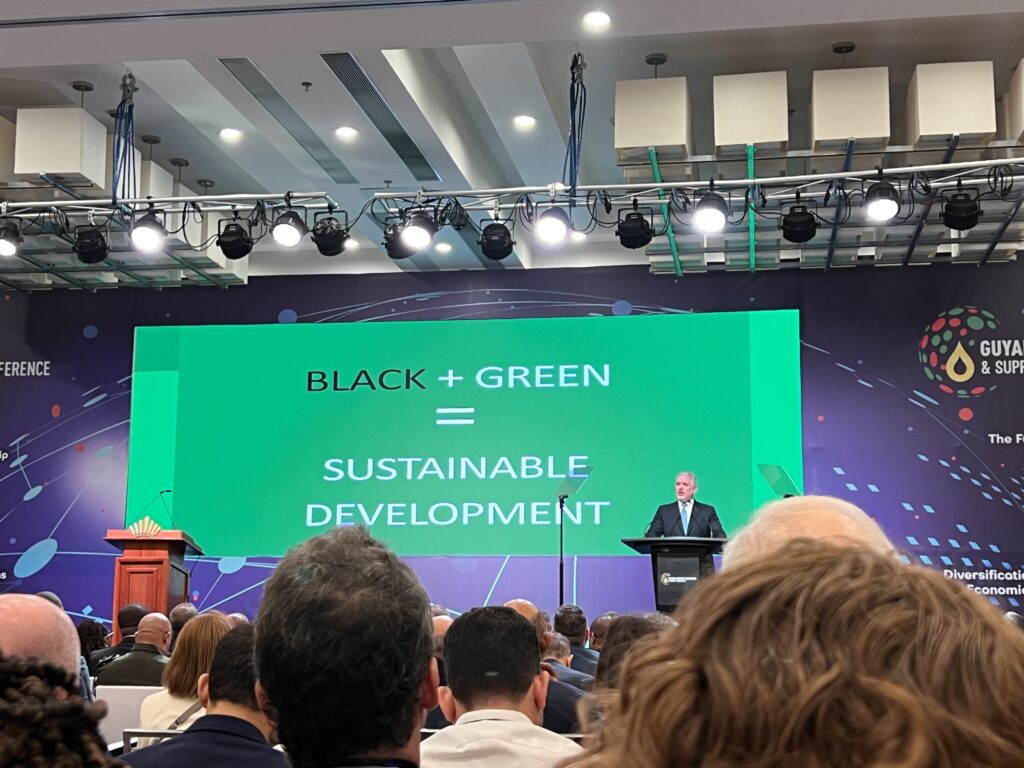
“Windfalls of oil revenue often benefit the few at the expense of the many,” explained Environmental Studies Professor Flora Lu, who advised Mathura on his thesis. “And as evinced by the 2025 Guyana Energy Conference that Chris attended, the interests of multinational corporations and foreign investors often take precedence over the welfare of local Guyanese, especially those from socially and economically marginalized backgrounds.” for publication in academic journals. Venerable’s contributions recently won her the UC Santa Cruz Chancellor’s Award and Dean’s Award for the Social Sciences Division, both of which honor outstanding undergraduate research. Professor Oelze, who was Venerable’s mentor on the project, praised her work ethic, teamwork, and remarkable ability to effectively immerse herself in new topics.
Mathura’s research found several risk factors for resource curse in Guyana, but so far, the overall indicators are still a bit of a mixed bag. And there are widely varying levels of concern and awareness among local people about the potential risks. Importantly, Guyana is making an effort to learn from the struggles of other resource-rich nations, like Venezuela and Ecuador. The country is taking steps like establishing a sovereign wealth fund to safeguard oil revenues and implementing a local content law requiring 51% local ownership of joint ventures with foreign companies.
Only time will tell whether these steps will be enough to avoid the resource curse. Guyana aims to both benefit from fossil fuel extraction and continue to invest in natural resource conservation, including monetizing the carbon sequestration value of its forests through global carbon markets. Finding a balance that supports long-term sustainable economic development will be essential, especially since Guyana is itself vulnerable to climate change impacts from sea level rise. For now, it’s up to local people to navigate these conflicting interests the best they can.
“It is so complicated and nuanced, the conversation of natural resource extractions like oil,” Mathura said. “It belongs to Guyanese people, and we can only hope that, through their work and their love for the land, they are going to go about it the right way.”



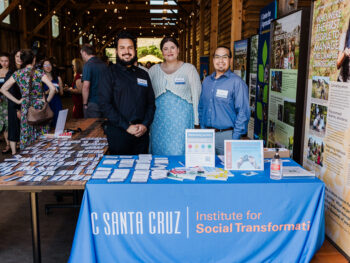
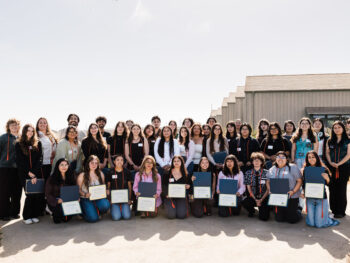
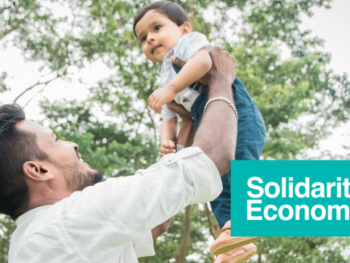
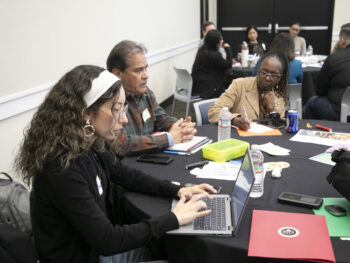
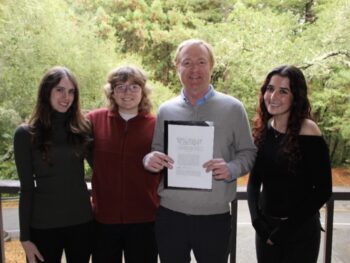
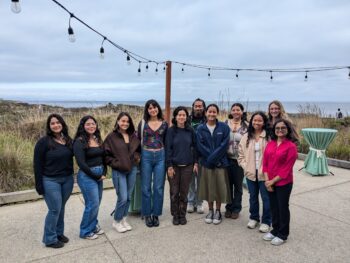
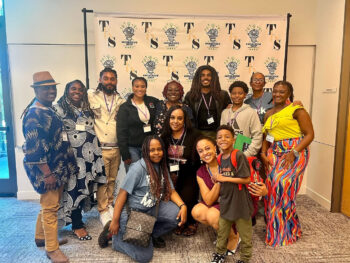
 Horse teeth hold historical clues about military power and trade in Western Africa
Horse teeth hold historical clues about military power and trade in Western Africa